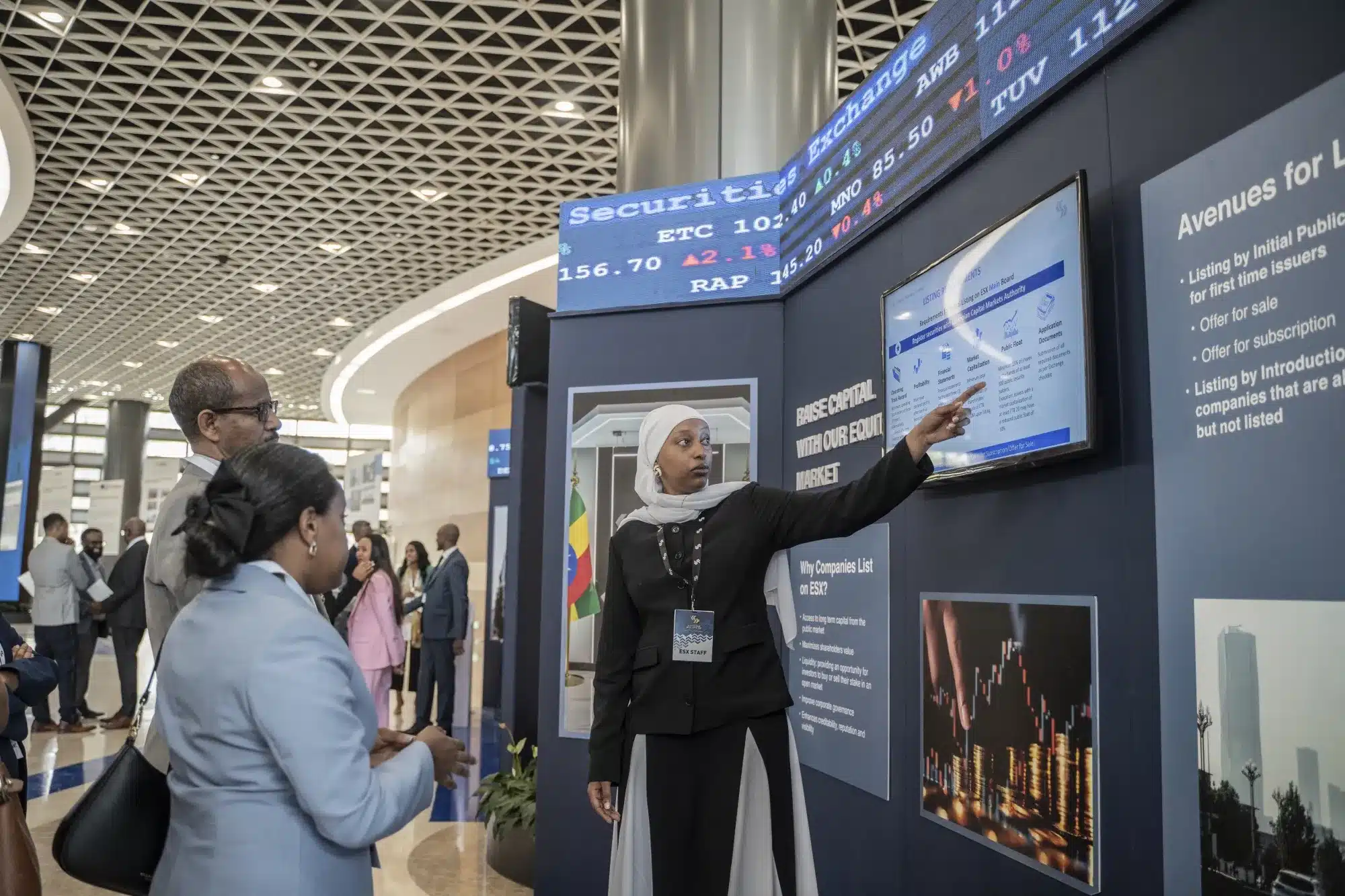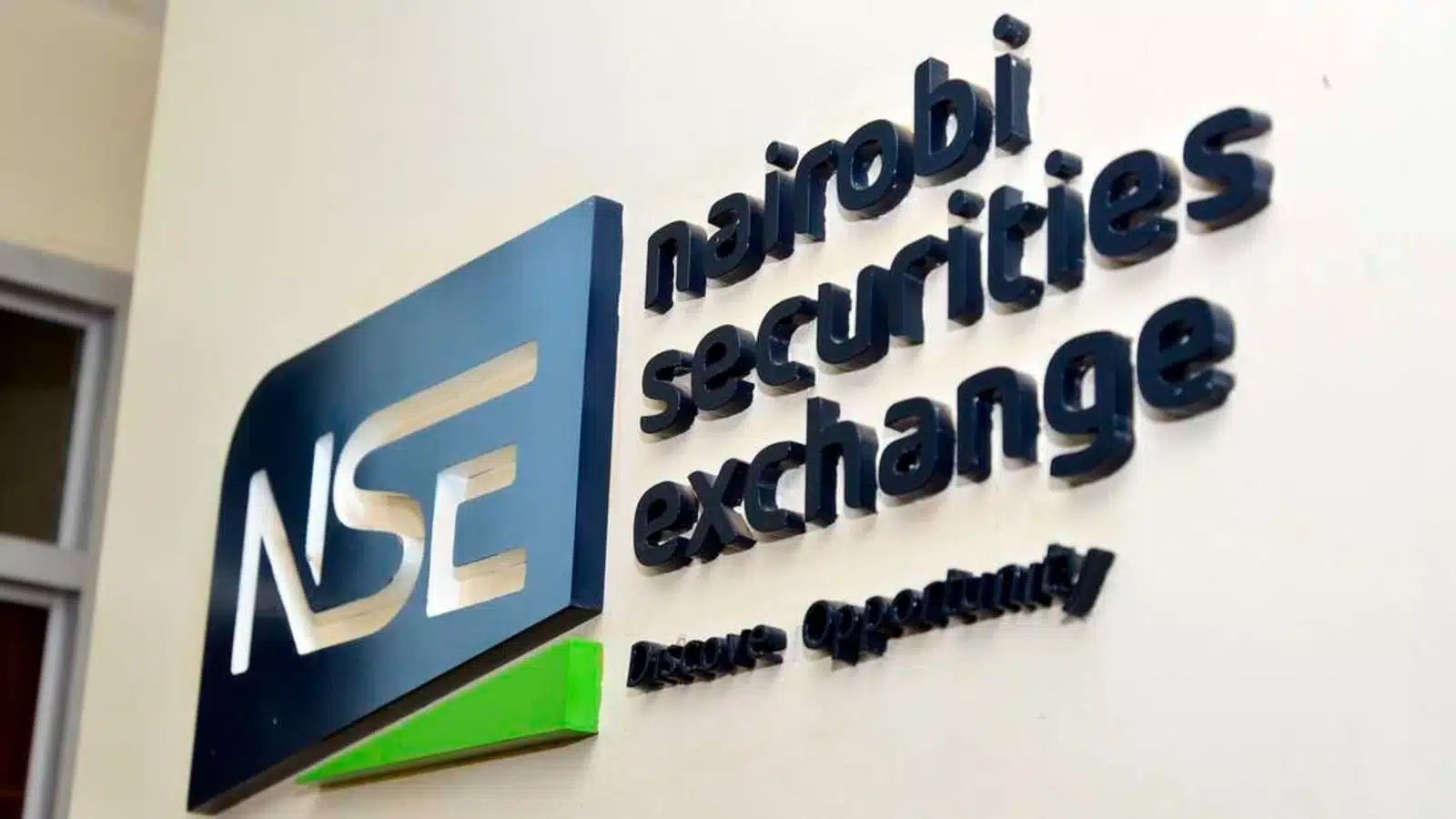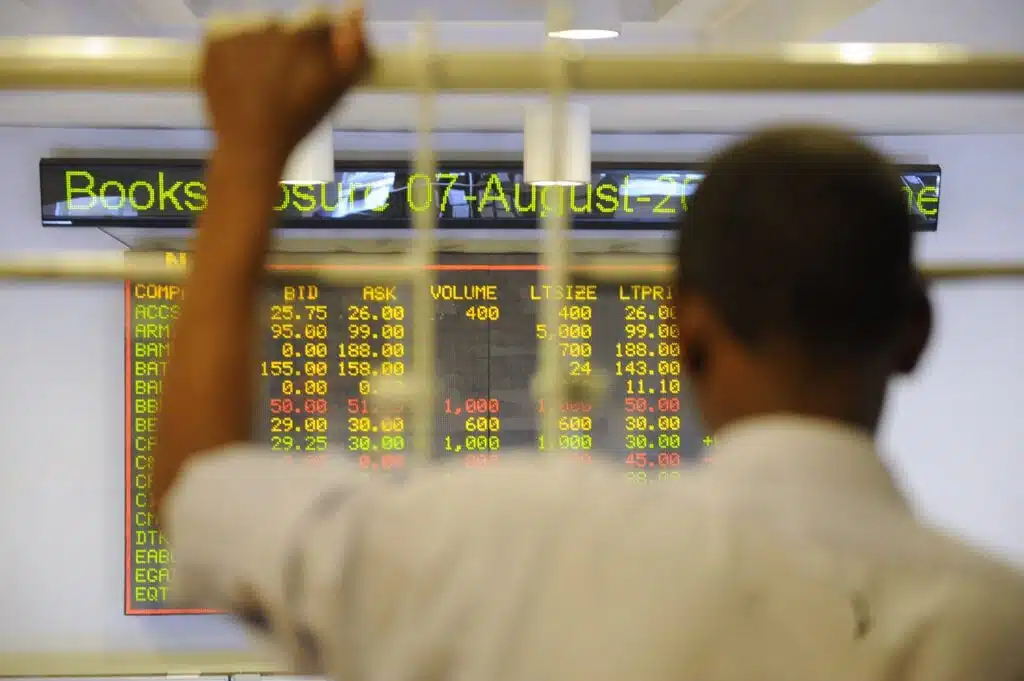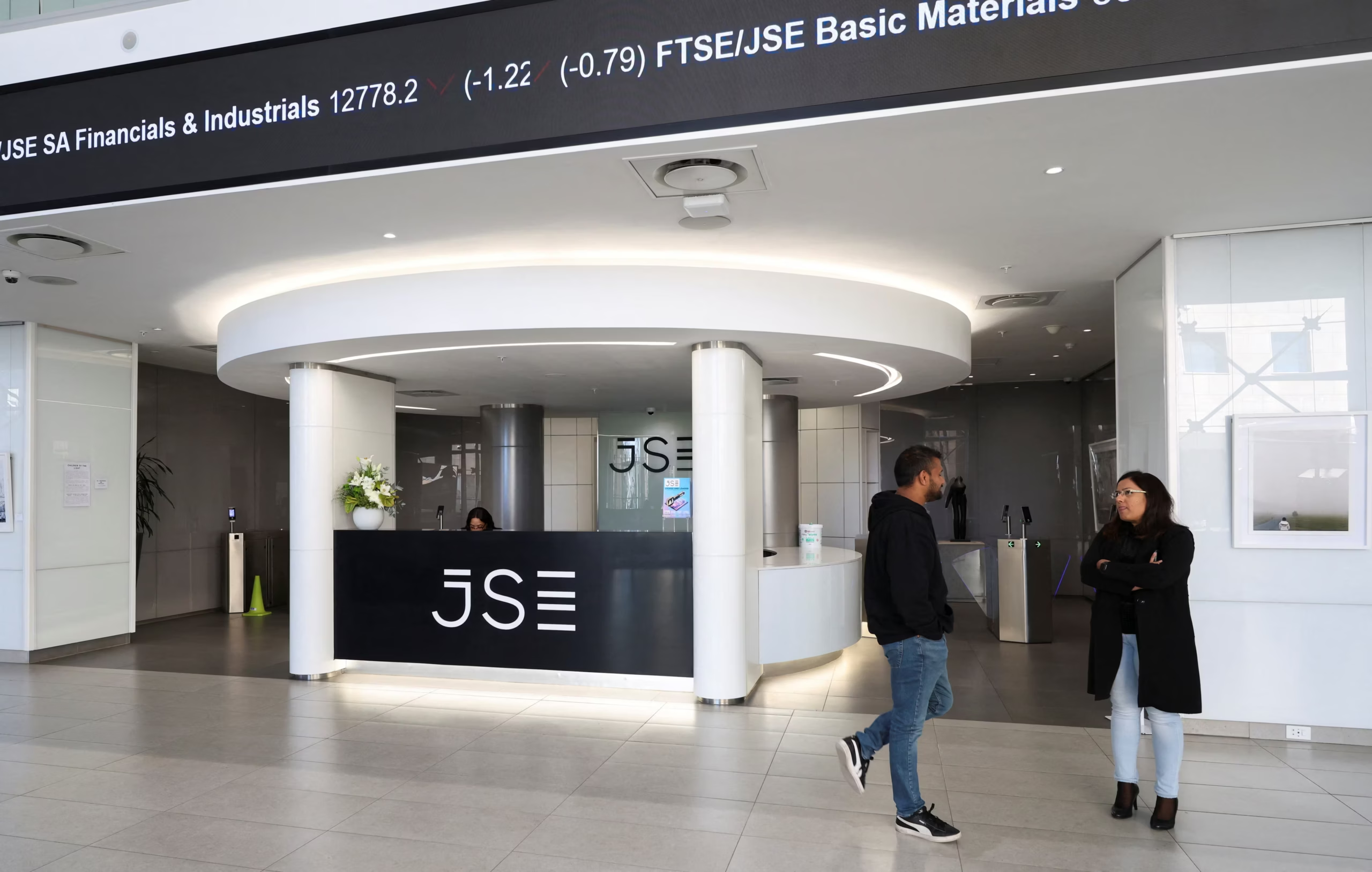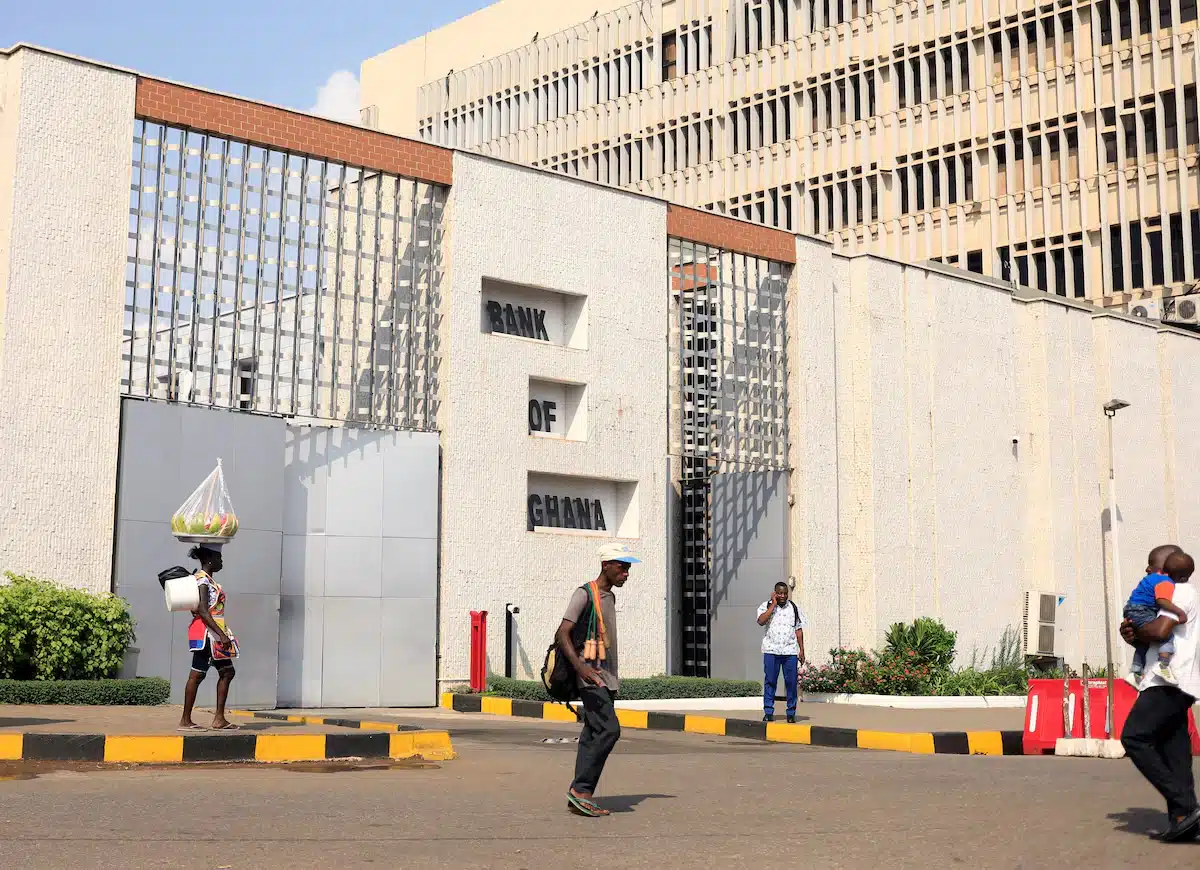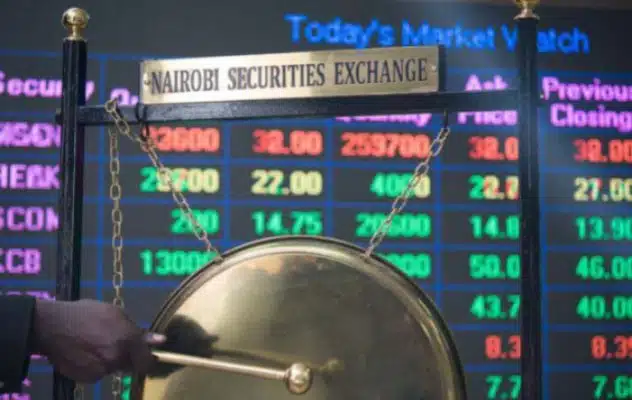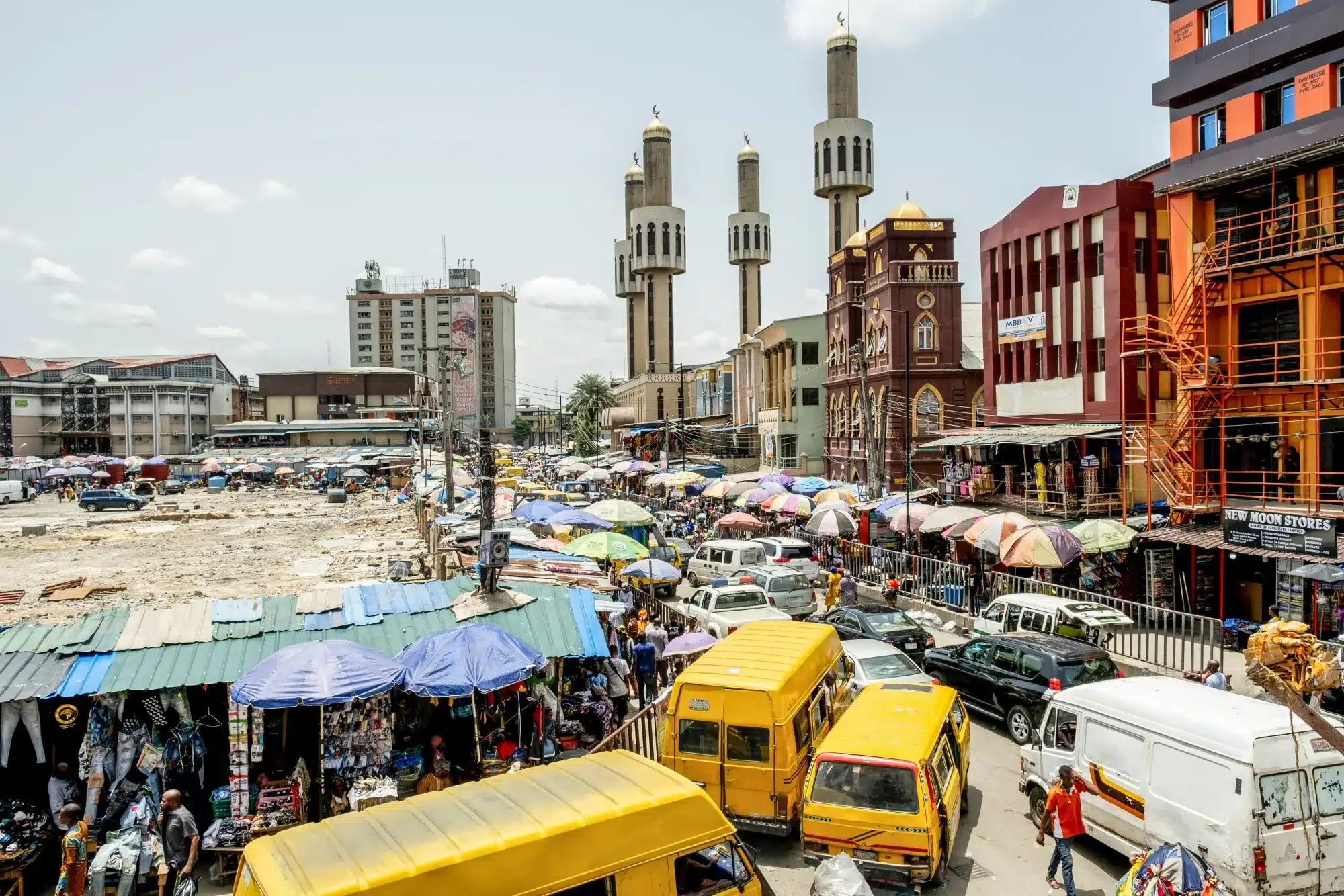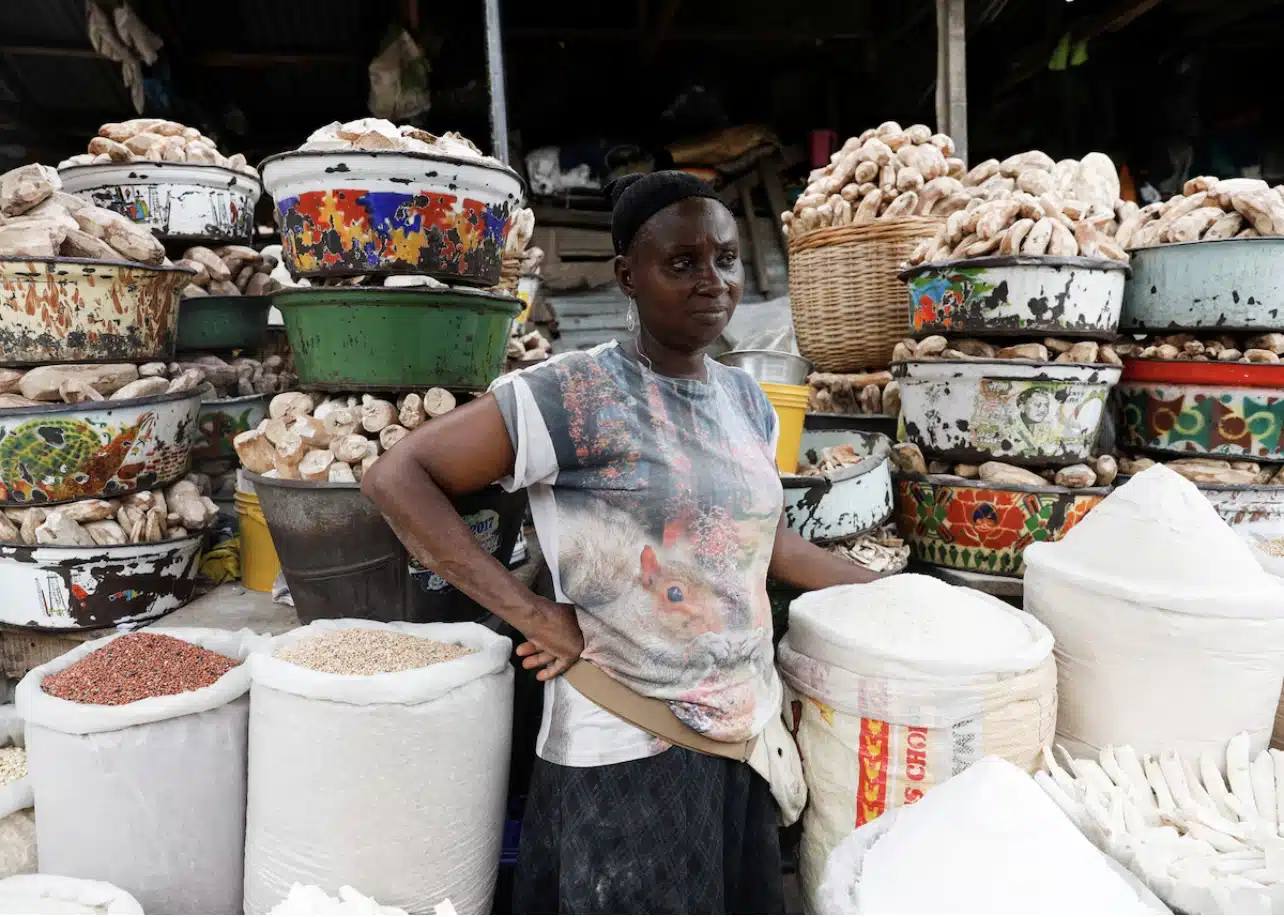Ten months ago, Ethiopia’s first stock exchange opened to applause. Today, the applause has softened into calculation. Only three listings stand where nine were promised for 2025, raising a bigger question than timing: why isn’t the pipeline filling?
Launched on January 10, 2025, the Ethiopian Securities Exchange (ESX) — Africa’s youngest stock market — was created to signal a shift for an economy long defined by state control and central planning. The new bourse was positioned as the missing link: a platform capable of mobilising local savings and directing capital into the country’s investment-hungry sectors.
But the early months have confirmed what capital-market builders everywhere know: you can’t manufacture a market culture overnight. The journey requires regulation, trust, disclosure, institutional depth, and a willingness among companies to embrace transparency — all at once.
A bold promise meets slow momentum
At launch, the ESX announced an ambitious roadmap: 50 Initical Public Offerings (IPOs) by 2030 and 90 within a decade. Early listings — Wegagen Bank, Gadaa Bank, and a 10% stake in Ethio Telecom — offered symbolic early wins.
But Ethio Telecom’s IPOs, which ran from October 2024 to February 2025, “fell short of its fundraising targets by 90%,” according to Harry Njuguna of Kenyan Wall Street. The weak uptake reflected fragile investor confidence and uncertainty around listing readiness.
As Tilahun Kassahun, Chief Executive of ESX, reiterated in mid-October, the exchange still targets nine company listings by year-end. But progress has been slow, not because firms doubt the exchange’s relevance — but because many are not prepared for what becoming a public company entails.
Ethiopia’s business culture, dominated by large family-owned firms, is new to external scrutiny. Disclosure, compliance, governance, and investor engagement present unfamiliar demands. Listing requires opening the books, and for many companies, that step is uncomfortable.
Building a market while it’s running
Ethiopia’s capital-market ecosystem is still under construction. The Ethiopian Capital Market Authority (ECMA), created in 2021, serves as the regulatory backbone. Licensed brokers, investment banks, and advisors — the service providers that make a market function — are equally nascent.
As of March 2025, ECMA had licensed eight Capital-Market Service Providers (CMSPs). By October, that number rose to eleven, including the country’s first investment banks:
- CBE Capital S.C.
- Wegagen Capital Investment Bank S.C.
Until then, advisory firms were the only actors in the system. The additions mark a significant shift in capacity.
To improve disclosure and infrastructure, the African Development Bank approved a $400,000 grant to the ECMA and ESX in mid-2025. Still, only 11 institutions are authorised to operate — a modest foundation for a market built from scratch.
The architecture is being laid out, but the gap between structure and liquidity remains wide.
IPO requirements: A wall too high for many
A critical bottleneck is the IPO process itself. ESX operates two tiers:
- Main Market: minimum 500 million birr ($3.26 million) market cap; three years of operations
- Growth Market: minimum 50 million birr ($330,000); two years of operations
Both require at least one year of declared profit.
This creates a structural gap. Smaller companies can’t meet the Main Market’s size threshold and younger high-growth firms can’t meet the Growth Market’s track record requirement.
The result: many promising businesses fall into neither category.
The profit requirement is especially limiting, excluding innovative, fast-growing firms that reinvest earnings rather than show profit. This forces companies into an uncomfortable choice: prioritise growth or go public — but not both.
IPO clinic: Ethiopia’s practical workaround
Recognising the readiness gap, ECMA launched the ESX IPO Clinic, a structured, year-long mentorship programme for companies preparing to go public. It provides:
- Financial-reporting diagnostics
- Governance and disclosure assessments
- Capacity-building workshops
- One-on-one advisory support
Applications for the first cohort closed on October 31, 2025, targeting private companies, SOEs, and share companies.
Two firms — IE Networks (IT solutions) and Liyana Healthcare — have reportedly completed their IPO readiness assessments, making them among the most likely candidates for the next wave of listings.
As Liyana Healthcare CEO Girma Ababi notes, “The ECMA IPO Clinic is the most practical route for private companies to prepare for listing, helping shareholders navigate the complex IPO process.”
The Clinic functions as a stopgap mechanism while the broader market infrastructure matures.
Alternative pathway: The OTC platform
To broaden participation, the ESX has also been licensed to run an Over-the-Counter (OTC) platform — a lighter, more flexible trading venue for SMEs that do not yet meet listing requirements. The OTC market sits under the ESX’s “Alternative Market” segment and allows smaller firms to issue and trade securities at lower cost.
This mirrors models in other African markets such as Kenya’s Growth Enterprise Market Segment (GEMS), where similar junior markets offer an entry point into formal capital markets.
So, can the ESX hit nine IPOs?
Technically, yes — but practically, it will be difficult.
What matters more is the quality and signal value of whatever number of IPOs land before December. Even securing five listings in its first year would be a strong showing for a market with no historical playbook.
Kassahun of ESX says upcoming listings will focus on financial institutions, with state-owned enterprises like the Ethiopian Insurance Corporation and Ethiopian Shipping and Logistics Services Enterprise also expected.
But perception will shape outcomes. Successful early IPOs that attract investors and maintain fair valuations could encourage more private firms to step forward. Poor performance, however, risks undermining the exchange before it gains momentum.
The bigger picture
A functioning stock exchange is more than a place to trade securities — it is a public vote of confidence in a country’s economic future. In Ethiopia, that confidence is still being negotiated. The ESX’s first-year listing target is important, but the real story lies in how effectively the foundation is being laid.
If Africa’s second most populated nation ends 2025 with a modest number of well-executed, credible IPOs — rather than an arbitrary target — the ESX will be on firmer footing than many of Africa’s earlier exchanges at launch.
Note: Figures originally reported in Ethiopian birr and converted using the average exchange rate of 143 ETB/$1 as of Friday, November 19, 2025.

